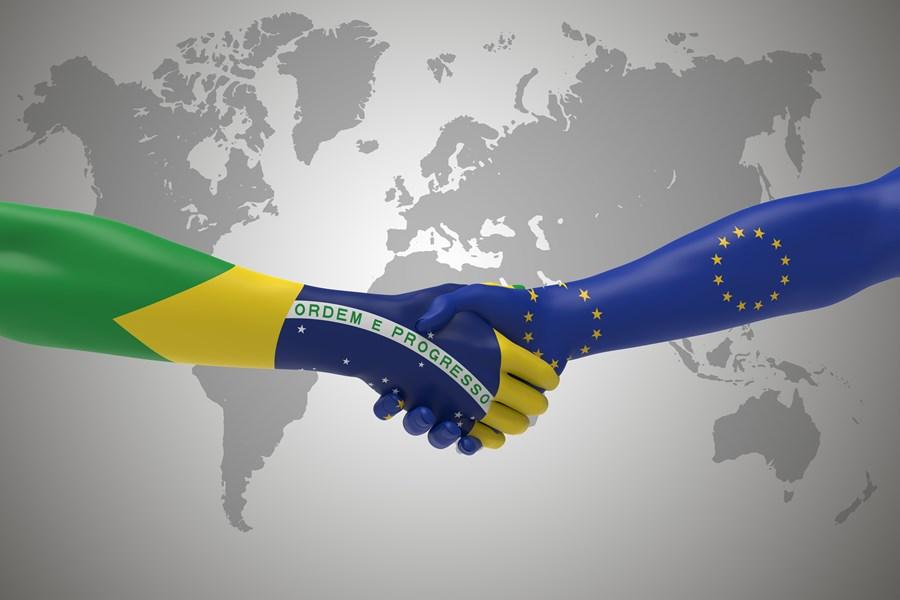Address
304 North Cardinal St.
Dorchester Center, MA 02124
Work Hours
Monday to Friday: 7AM - 7PM
Weekend: 10AM - 5PM
Address
304 North Cardinal St.
Dorchester Center, MA 02124
Work Hours
Monday to Friday: 7AM - 7PM
Weekend: 10AM - 5PM


The agreement signed between Mercosur and the European Union causes many changes in the world economy. According to the agreement, 92% of exports from the South American bloc (Brazil, Argentina, Uruguay and Paraguay) to the 28 member countries of the European bloc will be exempt from taxes in a period of ten years.
In addition, the European Union will have the tariffs removed on 91% of the products it exports to Mercosur in the same period – in the case of products considered ‘sensitive’ (passenger cars and vehicle parts) this period will be fifteen years. The agreement data were released by the European Union.
Check in detail each item of the agreement:
The EU will liberalize 82% of agricultural imports from Mercosur. Some products will be subject to a value established by quotas:
• Beef: 99 thousand tons;
• Chicks: 180 thousand tons;
• Pork meat: 25 thousand tons;
• Ethanol: 450 thousand tons for chemical use and 200 thousand tons for all types of use;
• Rice: 60 thousand tons;
• Honey: 45 thousand tons.
There will be import quotas between Mercosur and the EU for different products:
• Cheese: 30 thousand tons;
• Powdered milk: 10 thousand tons;
• Infant formula (artificial milk): 5,000 tons.
The rate of 35% of cars imported from the European Union will be halved to an annual amount of 50,000 cars. This amount is valid for the entire South American bloc, for seven years. After that period, the rate gradually drops for all cars imported from the EU until it is eliminated.
In the case of parts for cars, tariffs will progressively decrease over the next ten years and, for machinery imported from the European Union, 93% will have their rates progressively reduced in the same period.
The agreement will expand the degree of liberalization of trade in services. This group includes the sectors of telecommunications, financial services, among others. There is also a commitment to remove barriers to electronic commerce and ensure a safe environment for consumers.
EU and Mercosur companies will be able to participate in public tenders in both blocks.
The agreement includes a bilateral safeguard mechanism, which allows the EU and Mercosur to impose temporary measures to regulate imports in the event of an unexpected and significant increase in imports, which would cause serious injury to the domestic industry. These guarantees also apply to agricultural products.
The agreement requires member countries to serve small and medium-sized businesses. Both parties need to provide information on market access on a website and designate coordinators for small and medium-sized companies to identify opportunities for this sector offered by the agreement.
If you want to know more about Brazilian an market and economy, visit our website and talk to us!